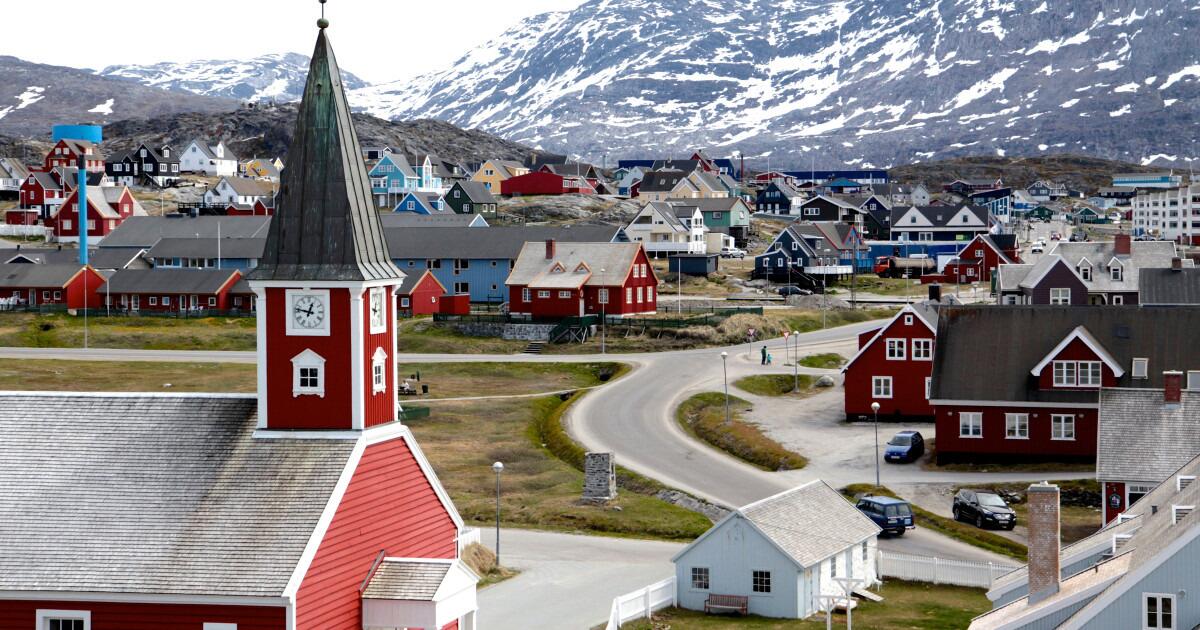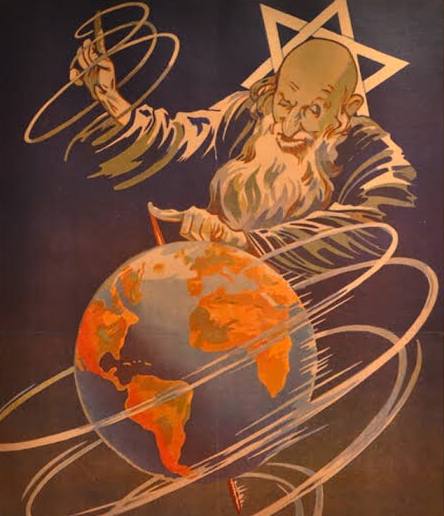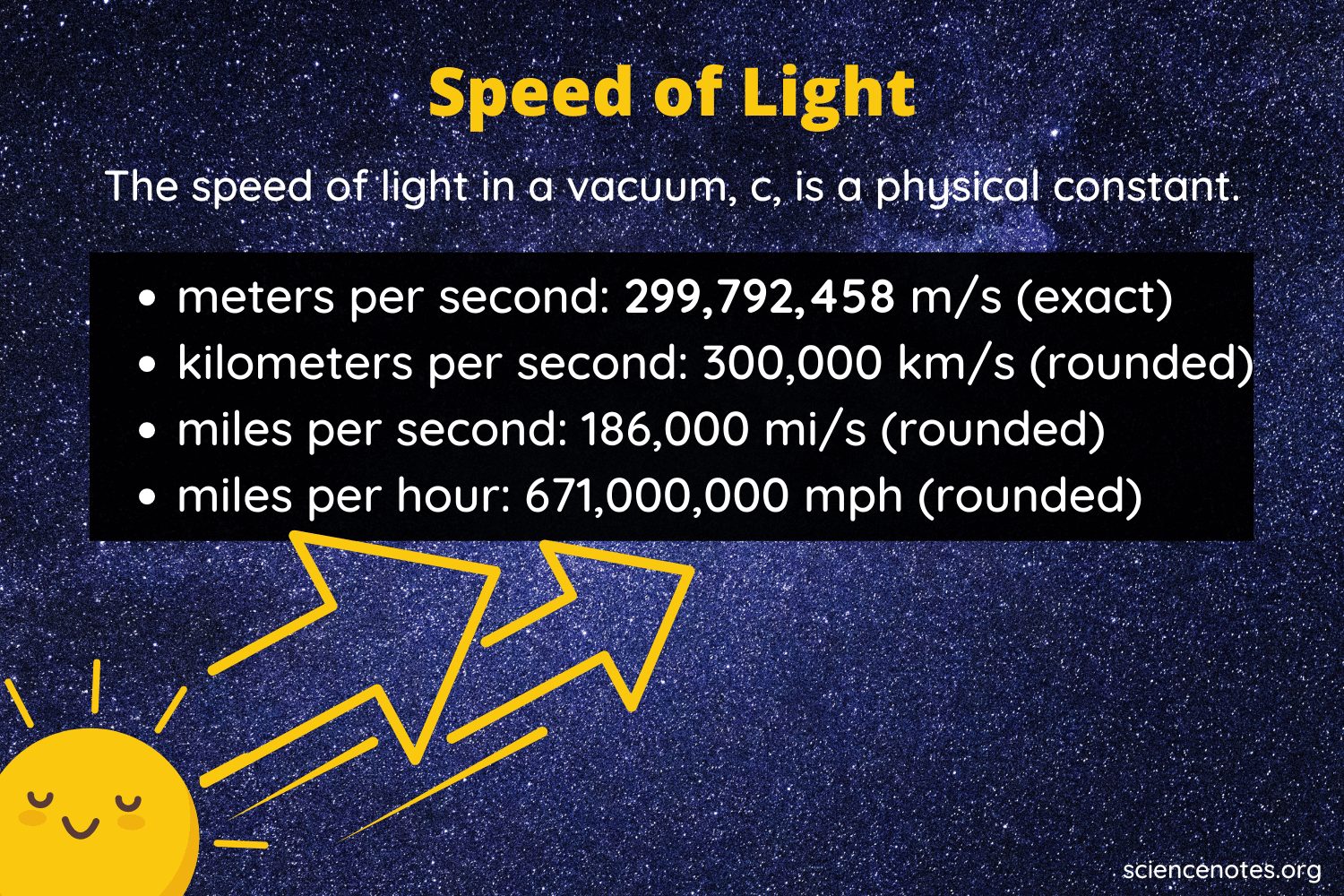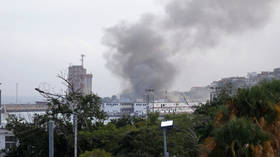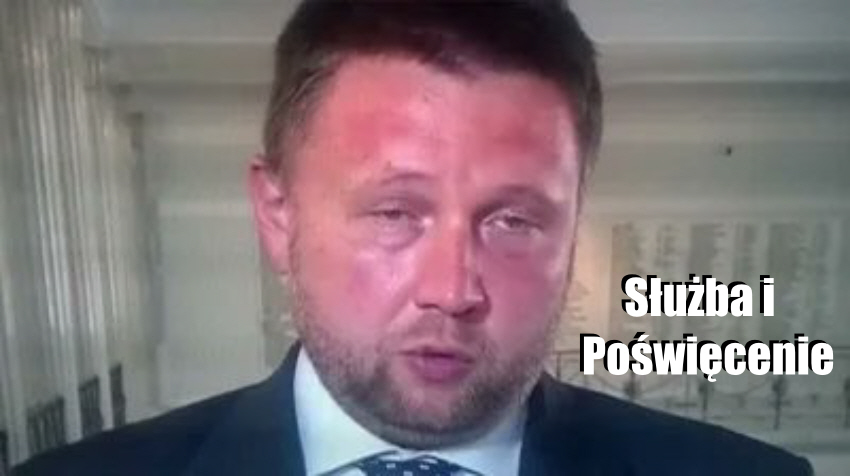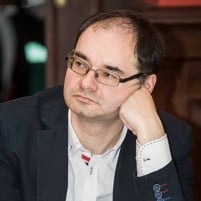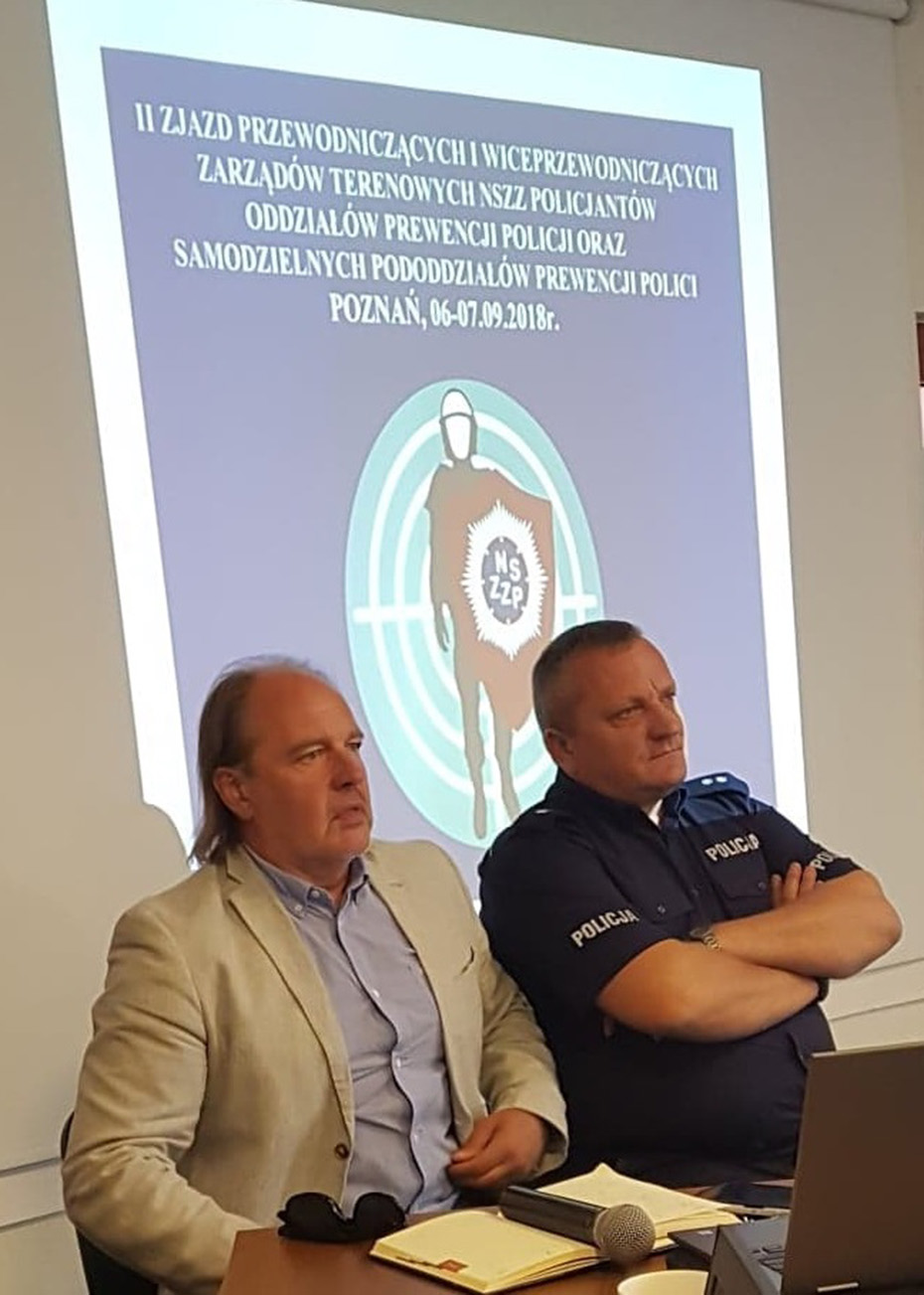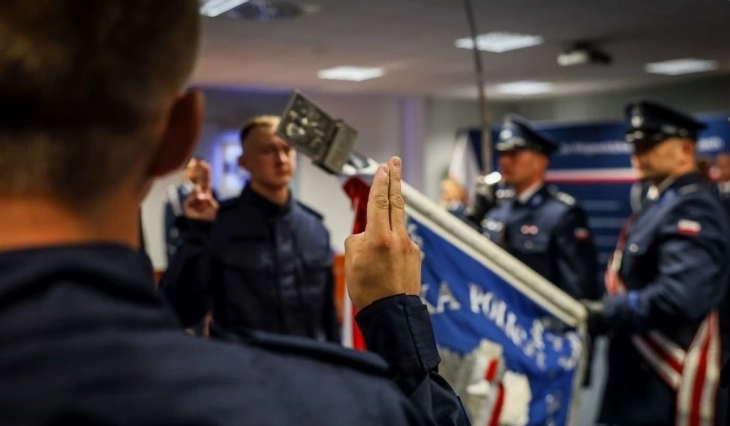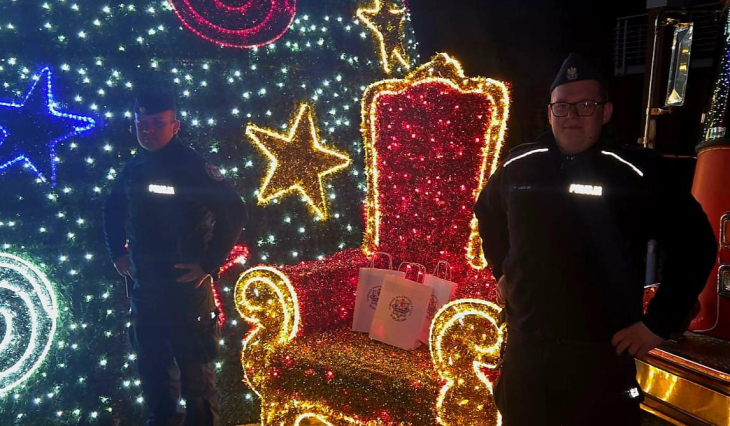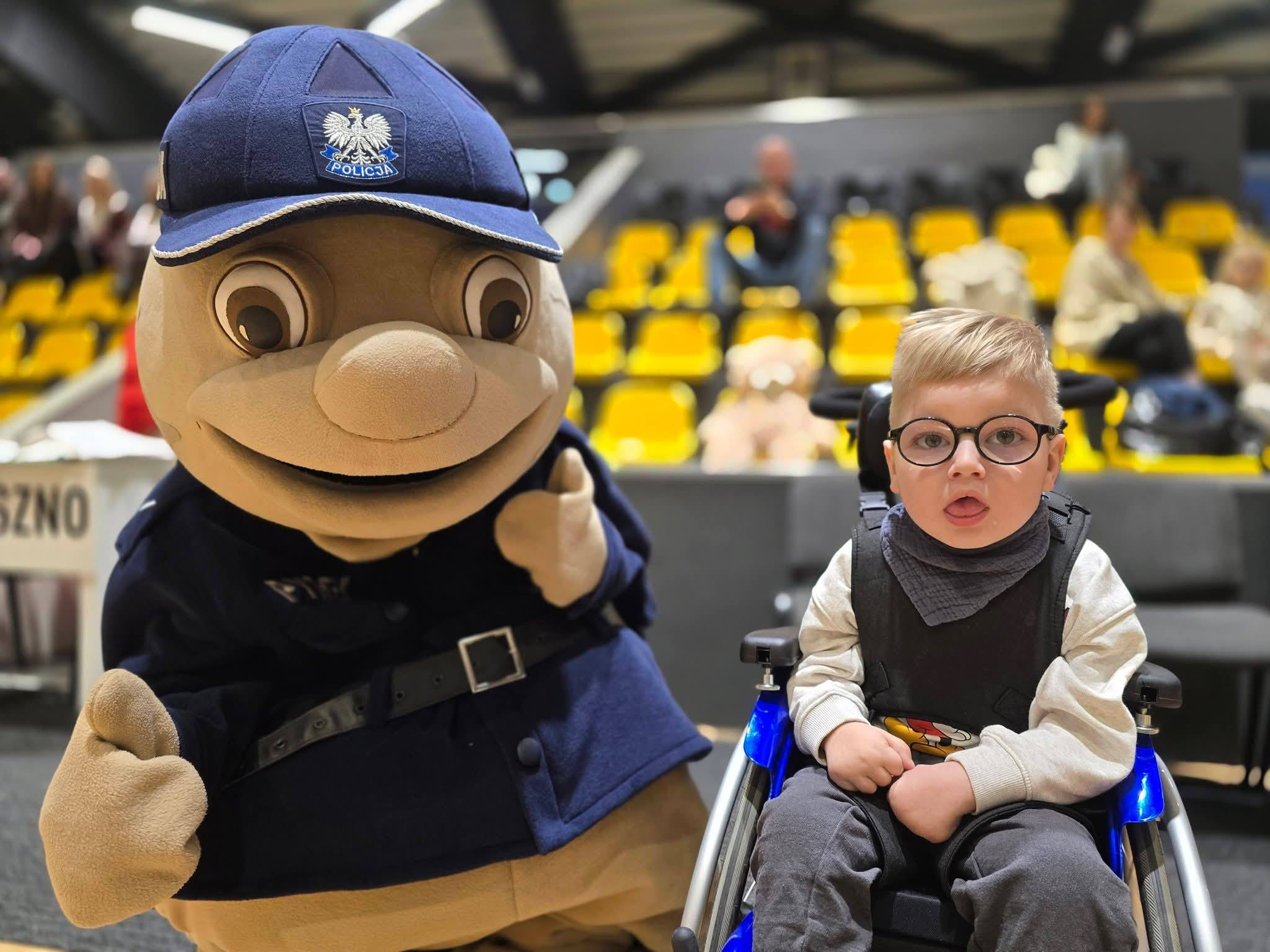Historical calendar: anniversary of anti-communist riots in Brzeg, caused by attacks of safety against priest Kazimierz Makarski and vicar of his parish.
Today in our calendar we will look at the circumstances of this event.
The origins of the conflict between the parish parish priest in Brzeg and the communist authorities were the anniversary of Poland's baptism. At the time, the Chamo-communist authorities of Gomulkowska fought the Church, opposing the church's anniversary of baptism Mieszko I, the anniversary of the Polish state. It was besides crucial to effort to instill in the local community the thought of the alleged “prince of patriots” and to advance the pseudo-Catholic, associated with the authorities. PAX, led by russian agent Bolesław Piasecki.
The parish priest in Brzeg, priest Kazimierz Makarski, did not intend to tolerate the Association of PAX, which, under the cloak of spreading patriotism and Catholic-communist ecumenism, harmed the Church. As shortly as he found out about the people who reported their accession to the Organisational Committee, he had a private conversation with each of them. The consequence was that no 1 came to the next PAX organizational gathering in the Bank.
The safety Office rapidly recognized Fr. Makarski as the enemy of Communist No. 1 in the area of the Bank and established the substance of observational records under the codename “The Defender of Faith”. This marked the launch of systematic surveillance through the agent network and method means. The most crucial informant in the case of Fr Kazimierz Makarski was his close acquaintance, a state employee. He was given the code name "Skowron".
The views and, to an even greater extent, pastoral activities of Fr Kazimierz Makarski caused various types of operations of communist safety and repressive actions, taken on the initiative of its administrative authorities. The priest was ordered to sign contracts for the rental of church buildings, rectory, home of the Sisters of Greyttes, a “village” building where spiritual lessons were held. He was besides called upon to present inventory books and to registry catechistical points.
Father Makarski always had the same clear answer to these calls: “I will not registry and study them due to the fact that I have a clear ban on Curia.” This resulted in the imposition of fines, which the priest consistently ignored. He was occupied with various equipment, specified as television, a car, but he was incapable to break his resistance.
Such an attitude has won the priest universal authority and respect. Most people in the territory of Brest sent their children to religion to catechetical points. According to secret safety reports, Brzeg in this respect took the lead in the Opole Voivodeship, as in the early 1960s 76% of children and advanced school youth attended the catechesis, with a provincial average of about 36 percent. specified a situation for organization ducks within the Bank was unbearable.
Fr. Makarski began to be harassed even more. This was mainly due to calls for late taxes, threats against the admission of nuns to teach religion, and above all in hindering the reconstruction of the second church in the Bank, the Gothic temple of St Nicholas. Her reconstruction was given precedence by Bishop Bolesław Kominek. Kuria helped financially with her own and Polish resources. However, the local authorities made it hard to get building materials, delayed decisions with the essential permits.
All these actions, however, seemed insufficient to break the priest's resistance. Therefore, the KW PZPR Collective in Opole at its gathering of 25 October 1965 decided to take over the building of the alleged vicarage, where the catechist hall and the rooms of the vicar priests were located. In addition, taxation arrears and the request to set up a fresh wellness clinic in the city were to be a prerequisite.
On April 25, 1966, Vicars and families surviving in the vicarage were given orders for accommodation. The families moved to the foster homes, but the vicar priests received a transfer order to Fr Kazimierz Makarski, who lived in a home close the parish office. They so lodged appeals which were rejected by the municipal authorities at the time. On May 17, the vicar was given enforcement orders.
The eviction of the vicarage priests led to a boil among the villagers. The outraged parishioners decided to make a hard defence of the priests. They organized pickets in front of the vicar and agreed that they would come to the church bells to show their support for the Church and influence the power to retreat from the taken
decision.
Another picket began on May 25. Around 10.30 p.m. there was a first clash with MO and ZOMO. erstwhile women refused to leave, they began to beat them and force them into militia prisoners. 1 of them, defending herself, hit a zombie with an umbrella on her head. A full of 22 people were detained. Around 11:00 p.m. Lesław Osękowski returned from his 3rd shift home. At Castle Square, he was detained and brutally beaten. He got away, but he couldn't get home.
Meanwhile, the next day, on May 26, an eviction of priests was to take place. As early as 5.00 a.m., all services were put on alert and SB officers were given the task of immobilizing church bells. At the Mass at 6.15 p.m., there were all 5 parishes in the church. There were over a 100 people in the church, which usually doesn't happen in the morning. erstwhile the women at the choir saw 2 men trying to cut off the bells' cords, they tried to halt them. 1 of them was punched in the face.
This event electrified the remaining believers. Violent esbecs were beaten and expelled from the church. 1 of them angry women chased far beyond the church, beating her head with shoes. Then, as planned, the bells rang. At their sound, who could run to the church. shortly there were over 2,000 people in Castle Square. People left the church in a procession with a cross and banners, singing spiritual and patriotic songs. They lined up in front of the prison building, where at about 8.30 a.m. ZOMO began the pacification operation.
Infuriated zombies beat everyone: women, children, old people. They besides threw gas firecrackers, and 1 of them fell into a wheelchair with a tiny child. People started throwing distant firecrackers and stones towards the zombies. Women threw salt and pepper in their faces. Men, in turn, grabbed the zombies by shields.
Eventually, the zombies managed to distract the crowd. any Poles withdrew from Zamkowa Street towards the marketplace Square. There the uniformed attacking people were scattered from the windows of the names: "bandits", "gestapo", "hitlers". It besides began to throw various objects at them and to pour slops. Around 9 a.m. ZOMO managed to deal with the crowd in the marketplace Square. Then the vicar's door was broken, and the hired laborer's squad collected the things of the vicar priests about tossing Father Makarski to the rectory.
In the workplace, in order to halt workers wanting to support the parishioners, masseurs were arranged with Communist activists, but organization activists were left
Whistled.
The fresh riots began in the afternoon and evening. They were triggered by the provocative behaviour of the zombies who beat people, especially young people, if they spoke in groups. After the evening Holy Mass and the priests went from church to rectory, youths began throwing stones at them erstwhile they saw the zombies. In response, ZOMO threw gas firecrackers and attacked people with sticks. After respective minutes of demonstrations, they were removed from the square in front of the Church. The riots then moved to another parts of the city until the railway station.
On Polish street, young people built a makeshift barricade with garbage cans and stopped a column of militia cars. There were bricks and stones scattered from the windows and courtyards. 1 of the cars was destroyed. In the feud, the zombies invaded the office of the Socialist Youth Union and... beat up the activist of this organization.
The fighting didn't end until dark. According to authoritative data, 82 people were detained during the startup. Beats were frequently arrested during detention and interrogation. 7 people were sentenced to six months to 2 and a half years in prison. 4 people were in court for minors. 28 people were sentenced to fines from PLN 350 to PLN 2400.
Starts in Brzeg were the first specified large ones since the power in the country was taken over in 1956 by Gomulkowska, a pseudopatriotic chamokomun.
Previous entry from our calendar is available Here.

